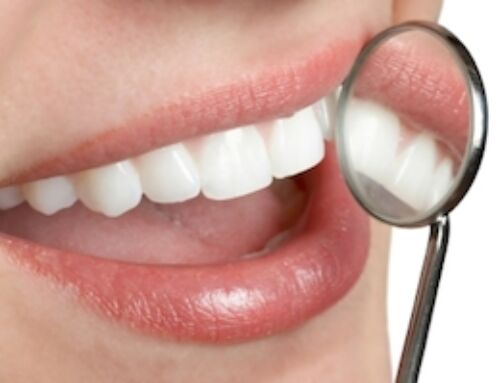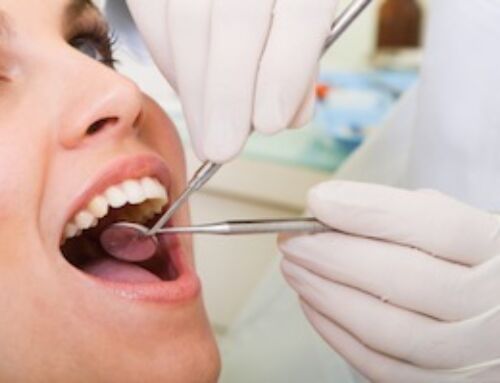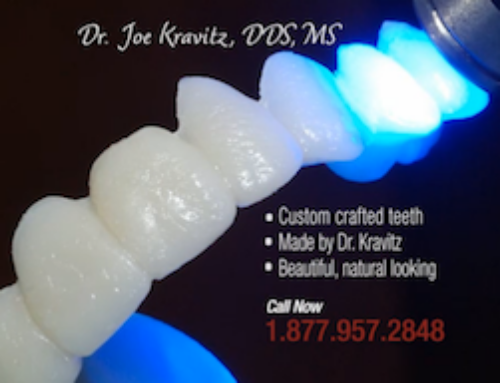 Fixed bridges fail, hmm…but why?
Fixed bridges fail, hmm…but why?
A fixed bridge is an artificial, man-made prosthetic device used to replace missing teeth. The fixed bridge can be made of resin, ceramic and metal. It is attached to a tooth with dental cement (glue). A fixed bridge can last for 5-10 years on natural teeth and even longer on dental implants.
Alternatives to fixed bridges are:
a. Living with missing teeth
b. Removable dentures
c. Dental implants
Many people believe that once a fixed bridge is made and inserted in their mouth, that the bridge will last forever. That is not true. A successful fixed bridge requires an understanding of both success and failure. In actuality, dental implants are the most durable alternative to replace missing teeth when the patient takes care of his or her mouth properly.
Here are five reasons a fixed bridge can fail:
1. Lack of proper home care. A fixed bridge device requires diligent cleaning by the patient. A patient should keep the surfaces of the fixed bridge clear of food and debris. Skipping mouth brushings. Ask your dentist how to properly care for the fixed bridge to achieve long-term success.
2. Sipping sugar / acid containing drinks. Drinking anything other than water contributes to premature failure of the edges of the fixed bridge – the margins. The margins can become vulnerable to acid attacks from drinks. The book, Dirty Mouth, shows you how to properly drink fluids for good health.
3. Microleakage. The connection of the fixed bridge to the tooth is achieved with dental cement. Through many months of cycles of hot and cold fluids, the dental cement can begin to break down and fail. The cement and margin is the weak point of the fixed bridge. Rinsing with a alcohol-free fluoride rinse can leak underneath the dental cement and protect the tooth from cavities.
4. Skipping flossing. Flossing is the process of using a string to wipe off plaque build-up and food from that day. An alternative to flossing is forced water with a device such a Hydrofloss™. The device places a negative charge on water to help repel harmful bacteria from your tooth. Skipping these actions can lead to premature tooth decay or cavities.
5. Lack of knowledge about the 7 Minute Window. In my book (Dirty Mouth) and on Discovery Fit and Health, I shared about the importance of living within the 7 Minute Window. Just because you don’t like gravity, it doesn’t mean that it won’t affect you. This is by far the most common reason for failure of fixed bridges.
It is my wish and desire that you have many years of health and success with your fixed bridges. If not, have comfort in the fact that there are other alternatives that may serve you well in your quest for better health.
[box type=”note”]Don’t hesitate to ask questions about fixed bridges or dental implants.




